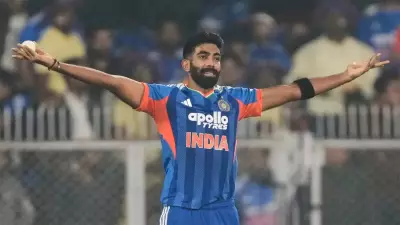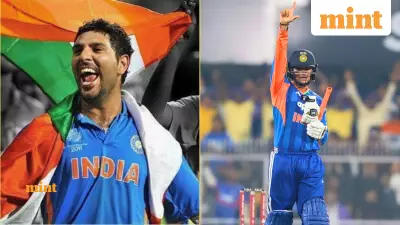
The world of competitive chess in India is witnessing an unprecedented phenomenon that's pushing players to their mental limits. Professional chess competitors are now facing the extraordinary challenge of participating in two separate tournaments on the same day, creating what many describe as an overwhelming psychological burden.
The Double Tournament Dilemma
Imagine preparing for two high-stakes examinations simultaneously - that's precisely the reality facing today's Indian chess professionals. Players must maintain peak mental alertness for extended periods, often switching between different tournament formats and opponents with minimal recovery time.
Mental Marathon, Not Sprint
The cognitive demands are staggering. Chess masters compare the experience to "running two mental marathons back-to-back" - a test of endurance that goes far beyond traditional chess challenges. The constant switching between different strategic mindsets and opponent styles creates unique psychological pressures.
Psychological Toll on Players
Several professional players have come forward to describe the intense stress factors:
- Decision fatigue from constant high-level calculations
- Emotional whiplash between tournament outcomes
- Physical exhaustion affecting cognitive performance
- Recovery time becoming virtually non-existent
The New Normal in Indian Chess
This dual-tournament phenomenon reflects the growing popularity and competitive nature of chess in India. With more opportunities comes greater pressure to perform across multiple platforms simultaneously. Players must now develop new coping strategies and training regimens specifically designed for these marathon sessions.
Future of Chess Competition
The chess community is beginning to address these challenges, with discussions about scheduling reforms and player welfare taking center stage. As the sport continues to evolve in India, finding the right balance between opportunity and player well-being becomes increasingly crucial for sustainable growth.
This new reality in competitive chess represents both an opportunity and a warning - showcasing the sport's booming popularity while highlighting the need to protect the mental health of its practitioners in an increasingly demanding competitive landscape.




